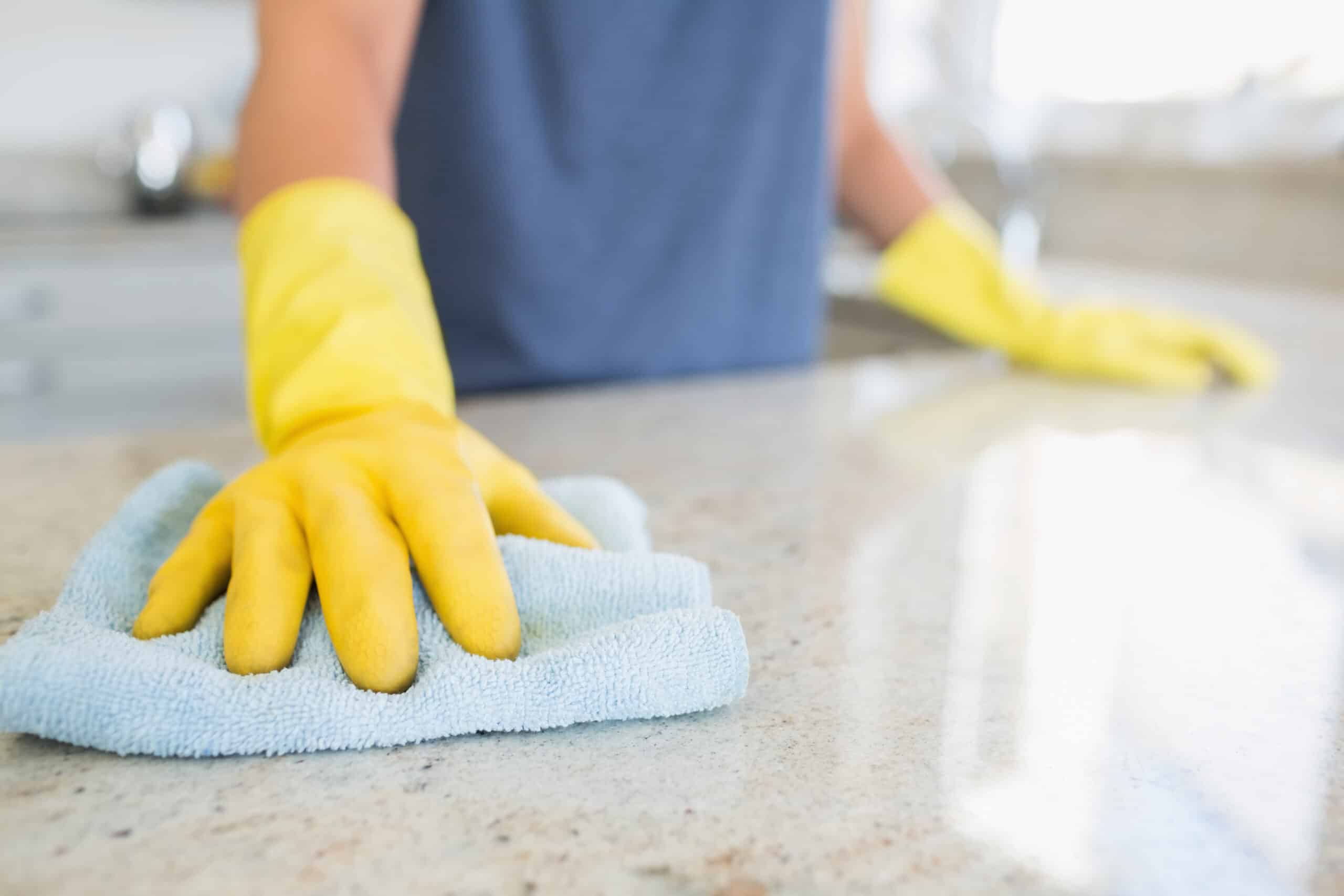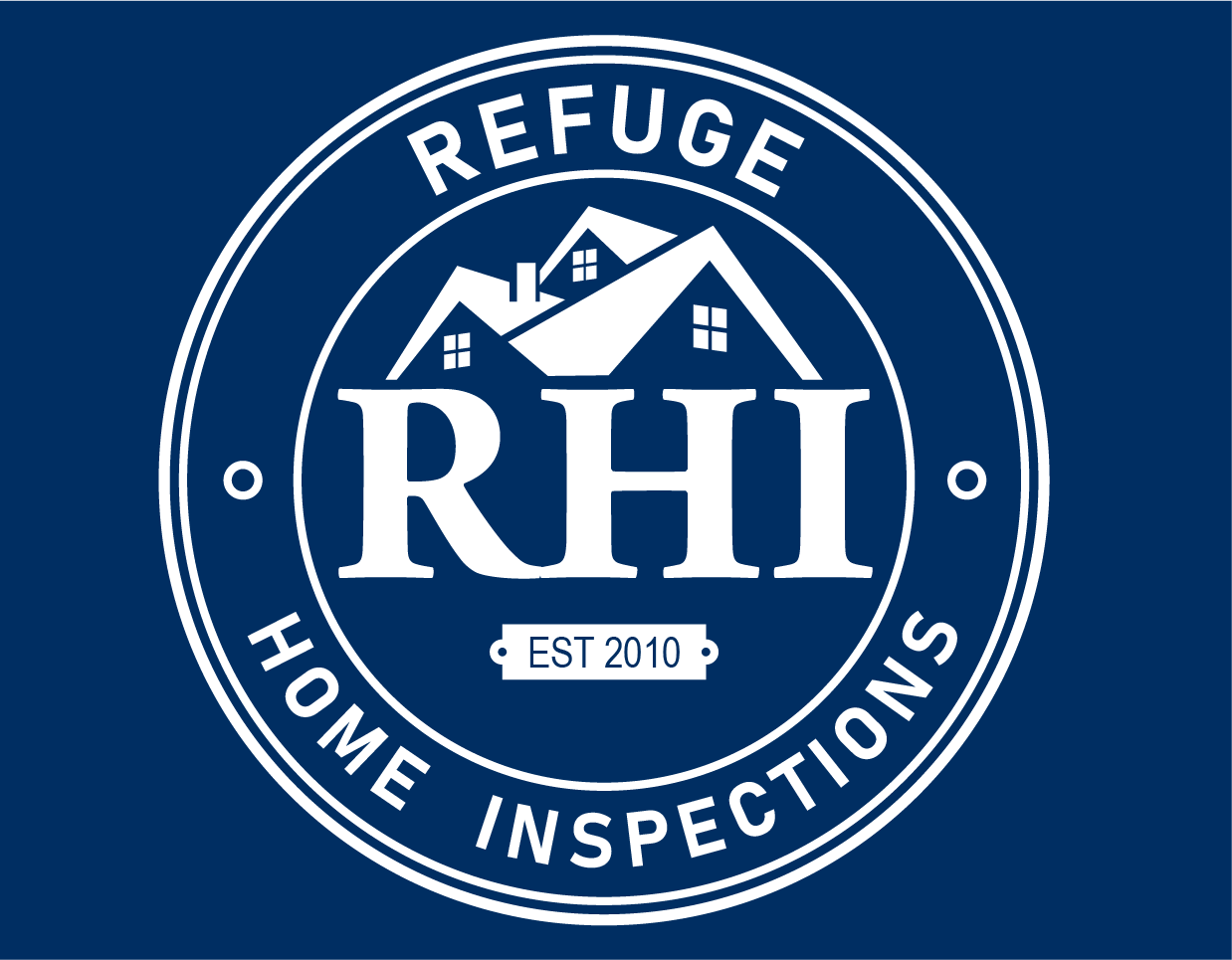A Preparation Guide for the Seller:

After living in your home for several years, you decided to grow into a new chapter of life. You are selling! During that process, it is natural that potential buyers may want someone to inspect it. Having an inspector come to your home to evaluate its condition can be a little nerve-racking. After all, when was the last time you were in your attic, crawlspace, or on the roof? However, it is almost guaranteed this is a process you will encounter during the sale of your home, but there are several steps you can take to be more prepared.
When listing your home, it is best to be honest about the property upfront on the sales disclosure. This is your first opportunity to show your home for what it is. It is also much harder for a buyer to complain about those items or request that they be repaired if they already knew about them in writing. Many of the items found in a home inspection that cause hiccups in the sale typically come from the areas you do not give much attention to such as attics and crawlspace.
The inspector will evaluate the home and give their findings, usually in a digital report, to the client. From there, they may have concerns that can require second opinions from a contractor or engineer. During the inspection period, contractors can be called upon for their opinions of the issue to give repair estimates. At the end of this inspection period, typically 10-14 days, the buyer and seller will hopefully have come to an agreement.
If you are concerned about what an inspector is going to find, one option would be to have a pre-listing inspection. This is an inspection that you have completed before listing your home. That would give you a better idea of the items that would be concerning and you could use that to better disclose or make repairs beforehand. You could also list your home as a certified inspected home and show the report along with listed repairs. This puts more control in your hands and eliminates a huge step for the potential buyer.
If the buyer requests an inspection, the inspector is going to go through your home and test most of the appliances and fixtures, open and close the windows and doors, check the electrical, HVAC, and water heater to make sure they are functioning properly. There are several items on the inspector’s checklist to look at. Once the inspection is completed, an electronic report will be created. This report is what the potential buyer will use to make decisions about requesting repairs and deciding on the purchase of the home.
Here are a few things you can do as the owner to prepare for the inspection. First, it is always good to keep up on annual maintenance items yearly. This will help your home be efficient and up to date. Items like changing filters as recommended, keeping up on areas that can weather on the exterior, sealing any gaps or holes, and keeping water and debris away from the home.
Next, deep clean your home. This was probably done before putting it on the market. However, the new buyer will probably be stopping by for the inspection and you don’t want them to be shocked by a big mess. Honestly, if your home looks well kept, then it will be easier for buyers to believe you are taking care of the home.

On the day of the inspection, the inspector will likely request that all areas be accessible for inspection, which includes crawlspace and attic accesses. If these areas are blocked, they will become a big deal during inspection responses. Also, pets need to be secured so those areas are accessible as well. There is also a good chance the buyer will want the inspector to return to view the area. This revisit to the home with result in a fee and it is not unheard of for the buyer to request the seller to pay for it because it was not being accessible the first time.
As a seller, there are several things you can do to prepare for your home inspection. A prelisting is always a good idea if you want to be proactive and hold more power on your end. If you wait for the potential buyer to request an inspection, there are still several steps you can take to prepare. Keep up on your home maintenance, keep your home clean, and make sure all areas are accessible for the inspector. All these steps will create a much smoother process in the sale of your home as you take steps into the next phase of your life.
